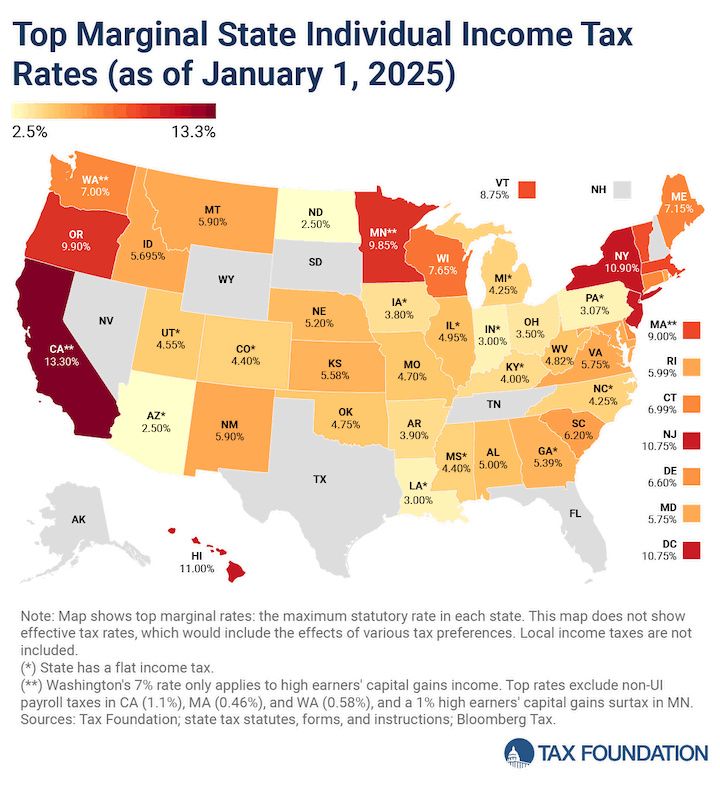U.S. travelers will be able to reserve an Airbnb without paying anything up front, giving them more flexibility to adjust their travel plans.
The vacation rental company is launching a “Reserve Now, Pay Later” feature in response to the growing demand for flexible payment options in the travel sector. Airbnb cited data showing that a substantial number of travelers have missed out on properties because they were busy arranging payment plans with other parties.
The feature will apply to properties that have either a flexible or moderate cancellation policy. Flexible cancellation allows travelers to cancel their stay up to 24 hours before check-in, while moderate policies allow for cancellation up to five days before the vacationers’ arrival.
These parameters are important because users must pay the full amount of their booking before the free cancellation period ends. Airbnb noted that it would send its customers a reminder to complete their payment before this period expires.
An Undaunted Desire
Consumers have faced high inflation, challenging interest rates, and lower credit limits in recent years, yet their desire for travel is undaunted.
Data from Enterprise Mobility found that two-thirds of U.S. consumers plan to take at least one overnight leisure trip this summer, with roughly 90% of these trips were projected to be within the U.S.
More Payments to Float
Overall, consumers have become more strategic in their travel planning, just as they have in their payments.
The difficult economic environment is one of the main reasons why buy now, pay later (BNPL) options have gained such traction in recent years.
Even though Airbnb added installment loans through Klarna two years ago, the reservation and cancellation process for vacation rentals has given many travelers pause. A study by Outpayce found that more than 70% of respondents would rather book with a travel agency known for secure payment processes.
Giving struggling consumers a more flexible way to reserve travel is likely a positive move for Airbnb, but there are some challenges. Online travel agencies (OTAs) like Airbnb often reserve hotel rooms or airline seats based on partial payments—transactions that already come with significant cancellation risks.
There is also the possibility that more travelers could double-book or submit spam reservations when there is no up-front cost. Since every hotel, airline, and rental car company is a potential partner for OTAs, this could mean Airbnb has significantly more payments to float until check-in.
Disclaimer: This story is auto-aggregated by a computer program and has not been created or edited by finopulse.
Publisher: Source link








